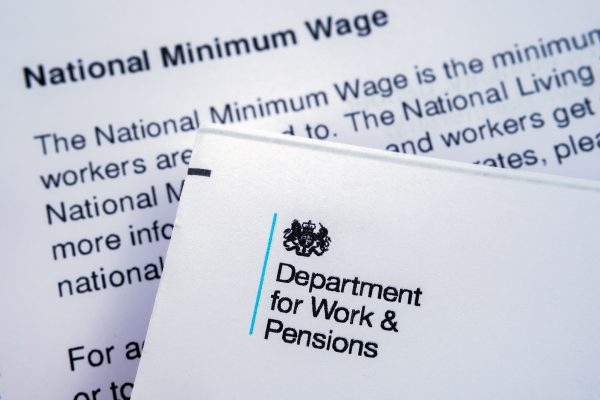The clocks went back last weekend and there has been the usual debate over whether we should stop it. Personally I think we should, but there are lots out there who don’t.
The last time the issue was seriously debated was in 2012 and a survey from that time revealed that two-thirds of us want British Summer Time throughout the year.
The Policy Studies Institute and the Royal Society for the Prevention of Accidents (RoSPA) agree the roads would be safer because statistically, although dark mornings are glum it is dark evenings that kill school children on their way home and other road users. There are roughly 50 per cent more fatal road accidents during the 4 – 7 pm evening peak that the 7 – 10 a.m. morning one. In the evenings, drivers and pedestrians are tired and hurrying to get home, and when the clocks go back, more homeward trips take place in the dark.
It seems public opinion gets stronger year upon year, but no action is on the horizon yet. Besides safer roads lighter evenings are argued to have therapeutic benefits, including combating vitamin D deficiency and reducing seasonal affective disorder (SAD) and the Home Office has estimated that crime would fall by 3 per cent if winter evenings were lighter.
The economic benefits have also been cited arguing that cafes, restaurants, bars, sporting events, tourist attractions and other leisure industries which would all defiantly benefit from longer lighter evenings.
So if we’re all supposedly going to be happier, healthier, and safer perhaps it’s time to see if it works and if it doesn’t at least we’ll have tried!

We’re here to ensure all used car dealerships deliver a better car finance experience for their customers. With over 4,000 approved dealer partners we ensure you are properly supported and connected with a range of flexible finance options, allowing you to lend and your customers to buy in complete confidence.








